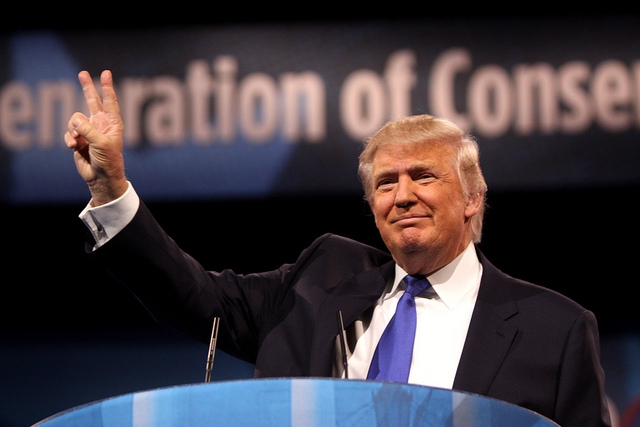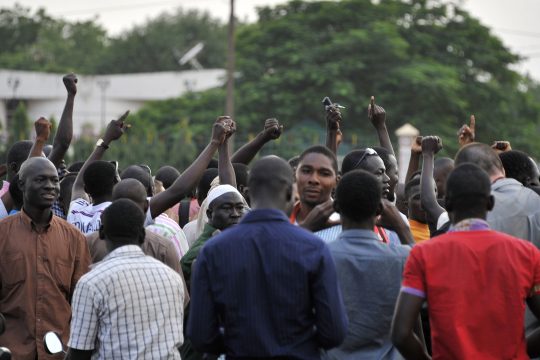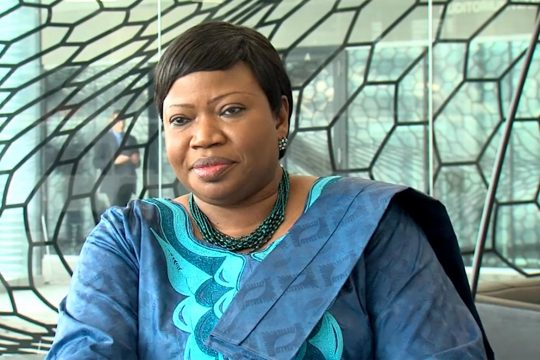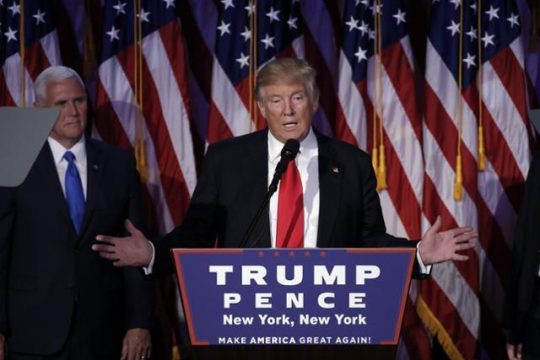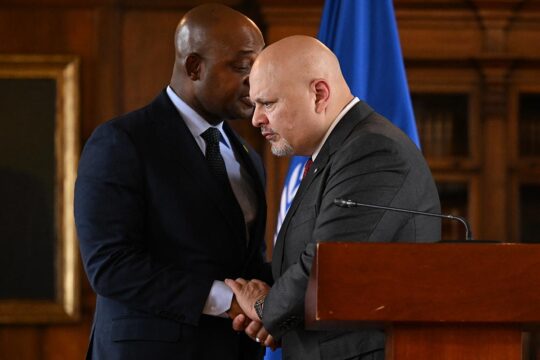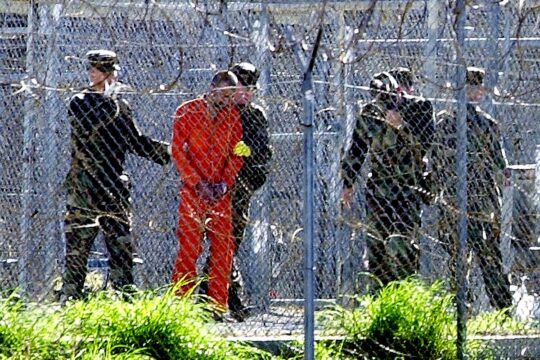The week was marked by a big event, likely to have big consequences: the election of Donald Trump as the next President of the United States. What will be the attitude of the next US administration, which takes office on January 20, on human rights? What will be its position on torture, the closure of Guantanamo or the International Criminal Court (ICC)? During his two terms, President Barack Obama took a resolutely opposite stance from the Bush administration on all these issues and expressed firm commitment to multilateralism. Will Donald Trump choose the path of isolationism, and a return to the policies of Bush? “Is he a threat to international law?” asks Frédéric Burnand, correspondent for our partner Swissinfo. He stresses the concern of Amnesty International Secretary General Salil Shetty, who says he is “deeply concerned” by the apparent indifference of the President-elect on respect for human rights.
Apart from Donald Trump’s election and the uncertainties it generates, transitional justice events this week were again dominated by Africa. Addressing the UN Security Council this week, ICC Prosecutor Fatou Bensouda said Libya would be one of her priorities in 2017. As reported by our Hague correspondent Stéphanie Maupas, she gave to understand that secret arrest warrants have already been issued against more former members of the Gaddafi regime. The ICC Prosecutor said her office will also “continue to study the feasibility of opening an investigation into alleged criminal acts against refugees and migrants in Libya, including any alleged acts of sexual violence or crimes against children”. This would be a first on this issue for the Court in The Hague.
Five years after the revolution in Tunisia, the problem of assets accumulated by the corrupt clan of former dictator Ben Ali has not yet been resolved in Switzerland (43 million Swiss francs in Swiss bank accounts). The President of Tunisia’s Truth and Dignity Commission is calling for the urgent repatriation of this money, as our Geneva correspondent Vony Rambolamanana writes, but the Swiss authorities say that can only happen on the basis of a Tunisian court decision ordering it to be confiscated. Such a decision has not yet been handed down, which means that if the freeze on these funds is not renewed after January 17, Ben Ali’s brother-in-law Trabelsi could get them back!
Impatience is also simmering in Burkina Faso, writes JusticeInfo deputy editor Ephrem Rugiririza, two years after the attempted coup and popular uprising which led to the ouster of long-time president Blaise Compoaoré. Several local organizations are calling for justice, not only for the “heroes” of the October 2014 uprising, but also victims of the resistance to the September 2015 attempted coup against the transition institutions.



